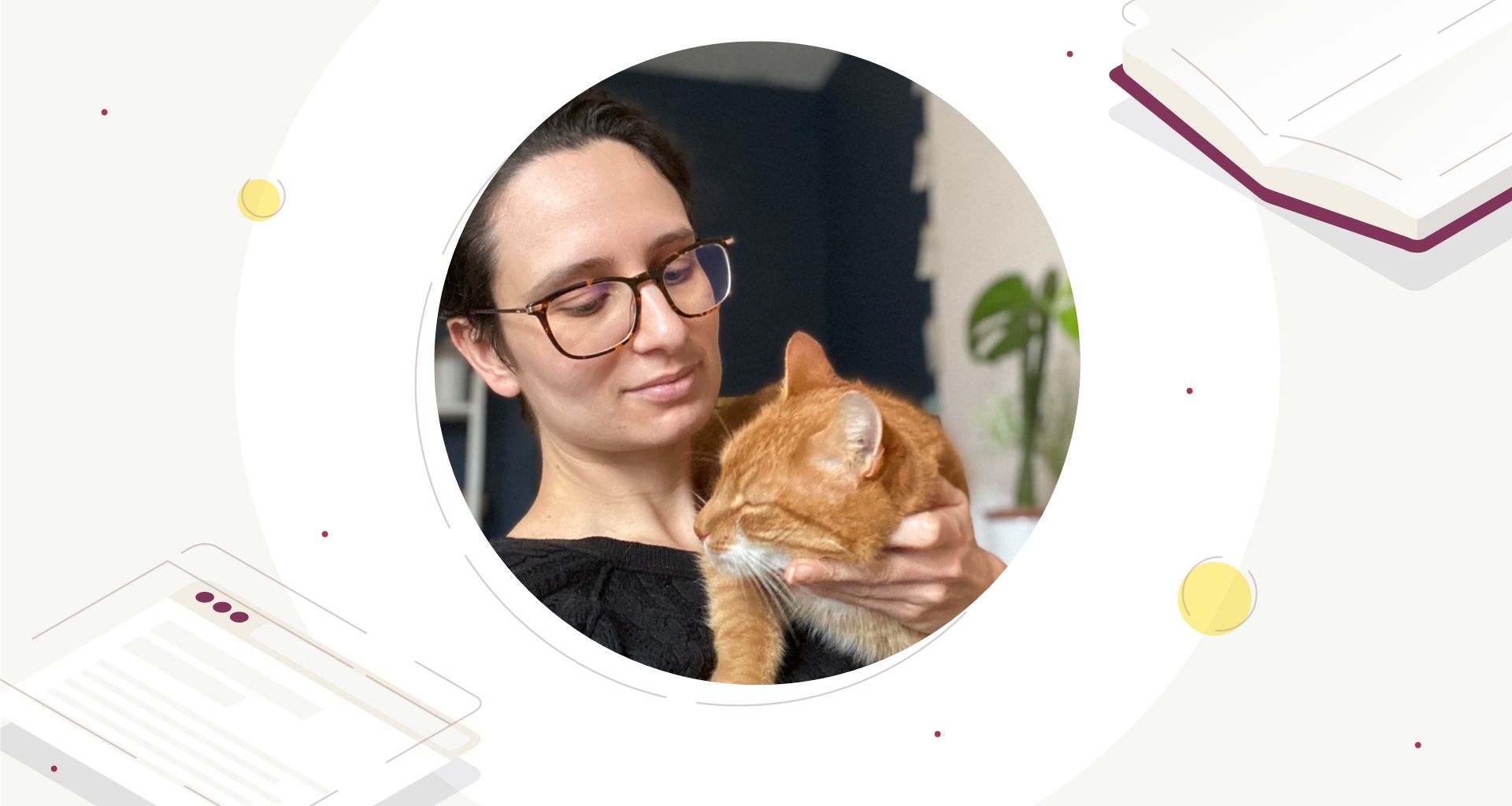Julia March completed her first book “La fille pas sympa” in just nine months. “A piece of cake”, as she describes it compared to her Master’s thesis. In our interview, Julia explains why she recommends enrolling in humanities to anyone who considers a career around writing.
Please tell us a little about yourself and your professional background.
I’m a 32-year old multicultural web ninja and author, my professional background is both rooted in academia and self-learned internet skills. I grew up in the South of Spain and started Marketing studies after I graduated from high school. At that point, I understood the fundamentals of strategizing and sales, but it was 2007 and the syllabus didn’t include much about web marketing back then — so I gained my knowledge of that by taking a course at the local university. What I learned was that marketing could be creative and fun: I used to read about marketing “wars'' between big corporations like Coca-Cola and Pepsi and found the whole thing stimulating and hilarious.
Traditionally, my school would send us to its partners for the mandatory internship, a professional network that would allow us to gain our first experience. I wasn’t really enthusiastic about their partners, especially because the internship wasn’t paid! So, I found out which communication agency was the biggest in town, and just showed up in person with my portfolio, to talk to the CEO. The CEO was astonished and hired me the same day, with a paid internship contract — that’s how I started working with an eclectic team of crazy artists and geeks. They were the first people who believed in me and were always happy both with my work and my weird way of being. However, I was already thinking about my next move: as a junior analyst, I knew the subprime crisis would have a long-term devastating effect on my field and was seeking financial stability and other horizons. I was only 20 years old and wanted to study more, especially those subjects that everybody around me was telling me "didn’t give you professional skills”.
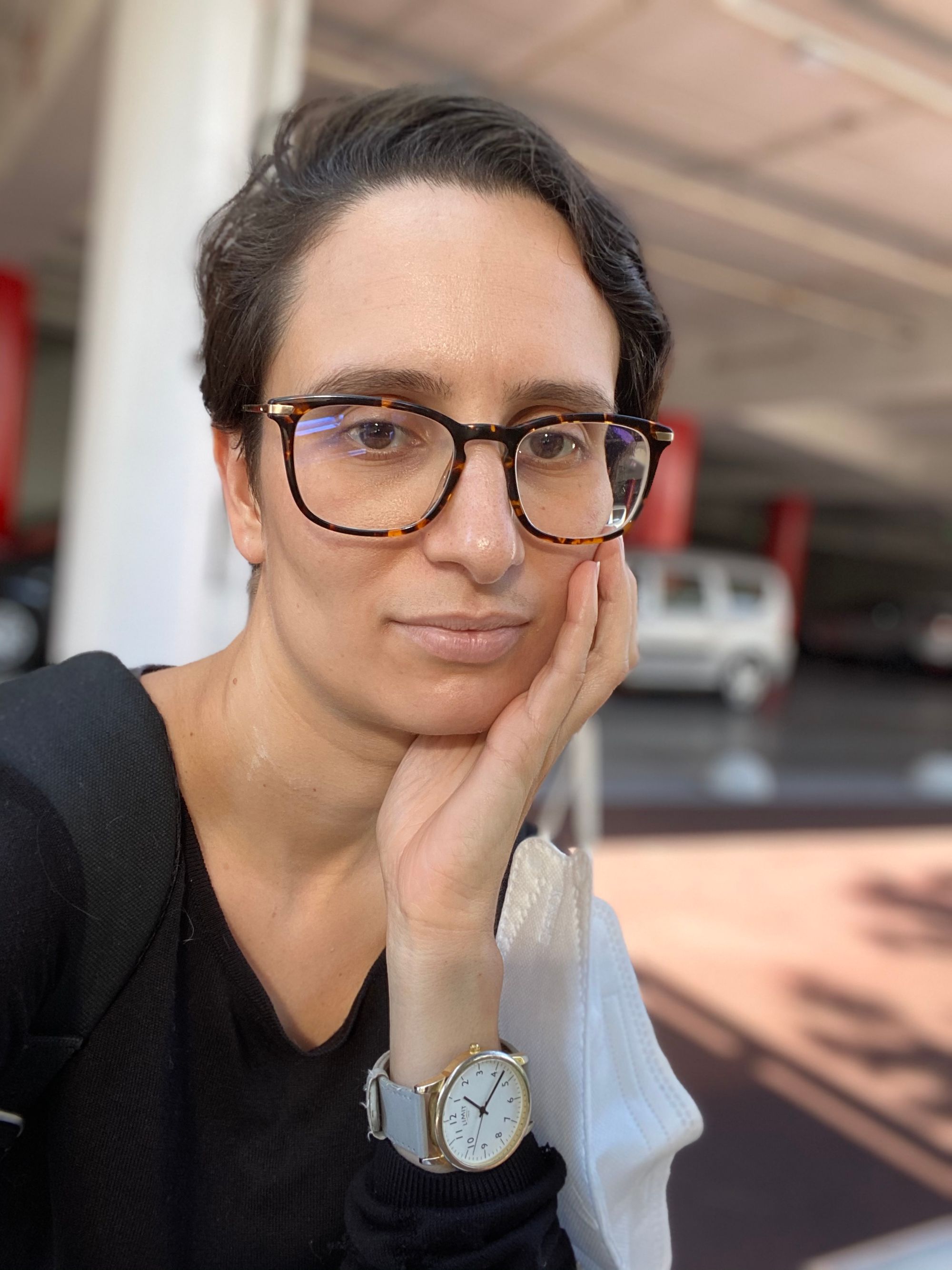
I landed in Paris, in 2009, after being accepted at the Sorbonne’s Hispanic studies department. I spent five years studying Literature and History with incredible teachers and intellectuals. This path opened my mind in a way no Marketing course ever could. As the undiagnosed autistic weirdo I was in Paris, I would always find myself in the company of broke artists, poets, painters, and photographers, who would warn me about internet “brainwashing” and who refused to even have smartphones. Meanwhile, I was building my petsitter website for extra cash, taking writing gigs for SEO improvement, and making dad jokes on Twitter.
In 2014, I was diagnosed as autistic. Since I was annoying everyone around me about it, I started a blog to vent. I didn’t expect it to blow up the way it did and that stressed me out a lot: readers either hated or loved me, or both, and the subject was too personal for me to be able to manage the attention the blog was drawing. I always refused to monetize the blog, but I did end up with an editorial contract with a publisher, Éditions Seramis. The book, La fille pas sympa — The unfriendly girl — was published in 2017 and people are still buying it. I’m not mad about it.
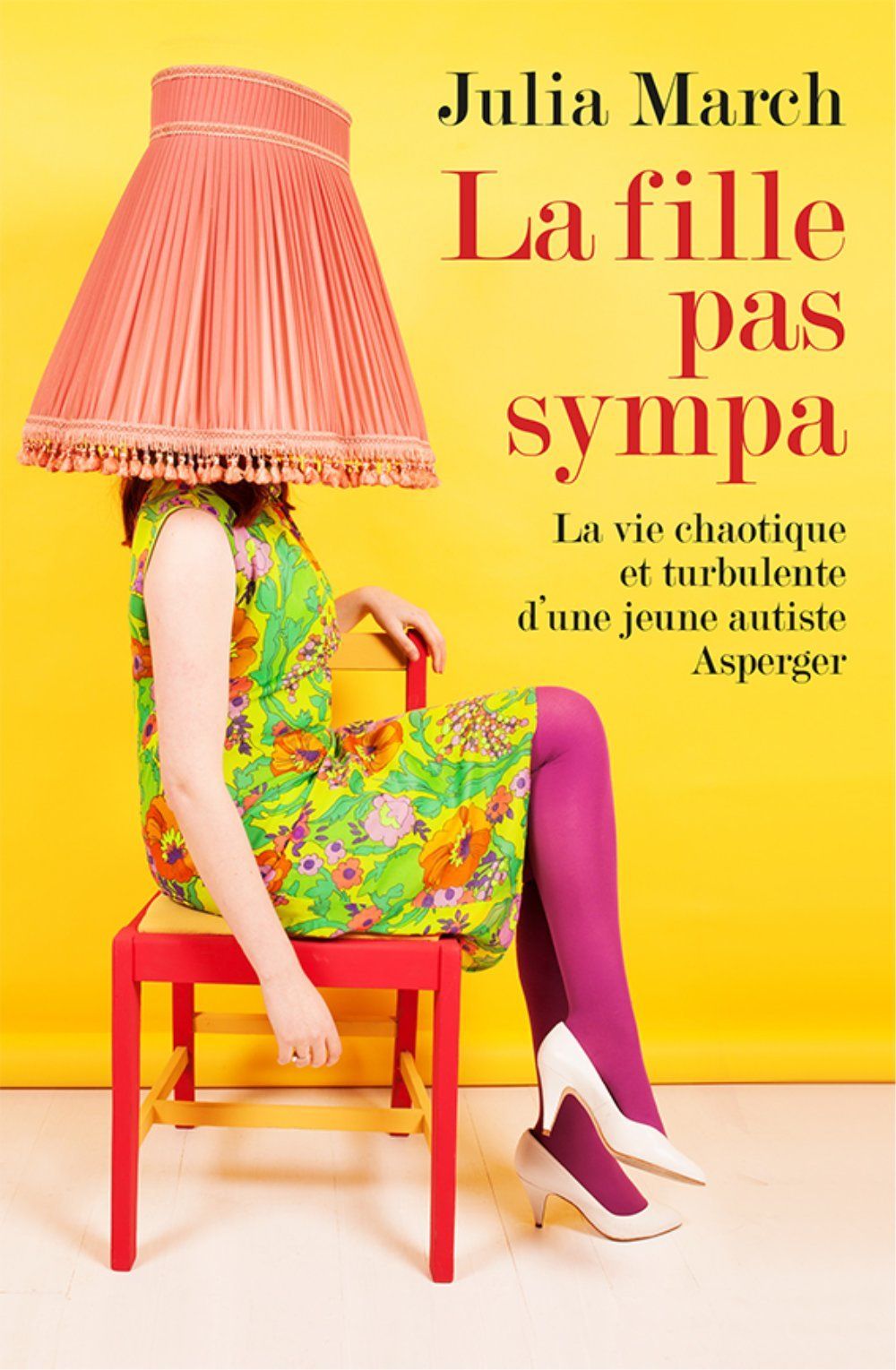
You currently work as an editorial webmaster. What is your day-to-day job like? What role does Ulysses play in that?
The day-to-day is never the same, and I’m always learning new skills, as technology and the web keep evolving fast, especially since the pandemic started. But it usually starts with coffee, that’s non-negotiable. While I drink my morning coffee, I check the website I manage on Google Analytics and the Search Console. After that, I always have something to do, it could be a new blog banner, an animated visual for social media or an article to be queued. I schedule content and posts, take notes on the subjects I’m surveying and write a lot, all the time. I’m specialized in websites that require a lot of good quality articles, but I can’t write them using my snarky tone, since I represent someone else’s voice in this job.
I appreciate intuitive tools that are made with intelligence, so I consider Ulysses to be the perfect one for writers.
Furthermore, I write in two languages — French and Spanish —, also translate from English and I use Ulysses a lot: the elegant and minimalist interface is convenient for spending long hours in front of a computer, the shortcuts minimize the editing part, and you guys don’t play around when it comes to making writing the focusing point. I have recently started using the website connection directly on Ulysses and have discovered it saves a lot of time. I appreciate intuitive tools that are made with intelligence, so I consider Ulysses to be the perfect one for writers.
Basically, my day-to-day is busy, depending on the deadlines, and my two assistants are pretty useless because they don’t have thumbs and therefore can’t even make me some coffee, but that doesn’t prevent them from constantly starting drama. And yes, my assistants are cats.

You studied Gender Studies and Literature and Visual Arts in the Master's program. How did you end up in your current profession?
I specialized in websites that needed coherent, rich text, and iconographic research. The skills I have developed to do so are the result of my academic background. The curriculum in humanities is demanding, and you cannot simply complete it unless you develop a strong sense of hard work, humility, and rigor. We went deep into textual analysis, rhetoric, and visual gaze; the teachers expected us not only to be good, but to excel at analyzing and writing. You also need to learn how to take criticism on your work and how to improve. I strongly recommend anyone considering a career that revolves around writing to enroll in Literary and History studies, and then to specialize in some niche, having a strong cultural background.
What role does writing play in your everyday life, both personally and professionally? Do you have certain rituals?
I write daily, either for work or for myself. I don’t wait for inspiration, I have a schedule that I follow, and I simply do it. I’d rather improve something badly written than be anxious about a blank page. Even if it’s awful, I write it, and then I work on what I have. I don’t believe in the "muse” thing, even if I often have ideas that I briefly write down in my agenda, to structure them later. I don’t write on my personal blog anymore, but I do it on Ulysses to have a file full of pieces that can be turned into an article or an essay if I decide to submit it somewhere. I also write a journal, which is mainly venting and describing the mysteries of life I haven’t hacked yet.
I’d rather improve something badly written than be anxious about a blank page.
Working for others came easily to me, especially because when I get asked to do the work, it is mostly because people are unable to do it themselves, or simply need it to be done fast. So, this feeling of being useful with a skill I have perfected over the years is extremely satisfying. I also offer counseling for authors about improving story arcs or building reliable characters, so in addition to writing, I get to read a lot.
Of course, not every mission is exciting. I remember writing hundreds of ads for vacation rentals before Airbnb was a thing. The site hosted ads with descriptions from the individual owners and had decided to revamp by hiring independent writers to market better. I spent weeks trying to describe in an honest but also appealing way some of the ugliest houses I’ve ever seen — which was hilarious — working with extremely close deadlines and high exigences coming from the company. I did many other missions for this company even if they were stressful and not really deep, but that’s a good way of learning, if you ask me. As I gained financial stability and a bit of acclaim in the writing field, I started focusing on projects where I believed I was more a partner and not just a simple executor.
You published your first book at the age of 28. How did it come about? How did you go about writing it? What were difficulties or insights regarding the writing process?
Publishing a book was unexpected, if I’m being honest. My friend, Julie Dachez — a neurodiversity advocate, author, and teacher — told me that a publisher was looking to publish an autistic woman’s biography and that she had given him my blog’s name. I reached out to the publisher, who happens to be a relative of Saint-Éxupery! We met and he asked for a few pages to see how I would deal with a long-term writing project. Twenty pages and an advance in my bank account later, I started writing it and delivered the baby nine months after starting. I’d just finished my Master's degree for which I had written two hundred pages, trying to be coherent and innovating in the French-Hispanic Cultural Studies field, under the supervision of an exigent but careful mentor. This was a piece of cake, compared to my Master’s thesis.
You must treat the writing process as any other job: you sit down and do it, no matter what is happening around you.
The writing process is not complicated: you have to sit down and write. Of course, I had a pre-established guideline, did some research, fact-checked events, and interviewed some people, to be as accurate as possible. But at the end of the day, when you have your material, you must treat the writing process as any other job: you sit down and do it, no matter what is happening around you. The first draft will probably be awful, but it doesn’t matter because you can always improve it later. It’s easier to improve something bad but existing than to work on something nonexistent.
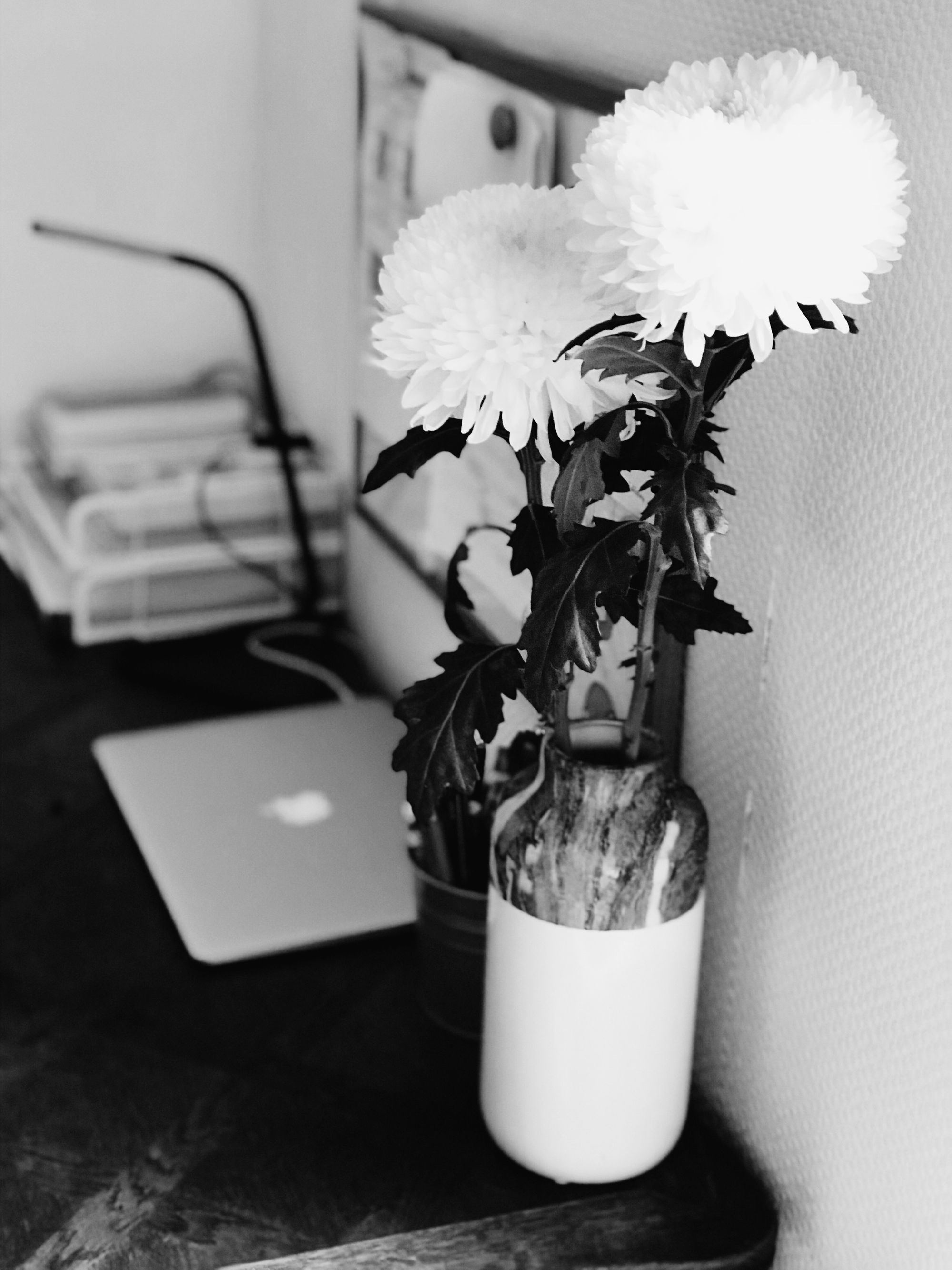
I cannot say there were difficulties, regarding this book. Whenever there was feedback or suggestions from the publisher, I took care of them, without altering my style or the story. I don’t have a writer's ego, to be honest. I simply don’t care. The difficulties were with the promotion of the book: I understand how promotion works, and the press editor really did a good job, but I wasn’t willing to promote my book on Instagram. First, I strongly believe that auto-promotion on social media is the most inefficient marketing ever, it requires a lot of subtlety; second, I was simply busy. I also got the feeling that I was in the middle of a freak show: “Look, an autistic girl who can write and has opinions! Incredible!”. I find it easy to promote someone else’s work, but promoting my own book under the autistic umbrella was... uncomfortable.
Do you plan to write any more books? If so, what will they be about?
I definitely will write more books. Whether they’ll get published or not, that’s another story. I can’t tell you what they will be about because that information is classified. What I can tell you, is that they probably won’t be about autism anymore. I feel that regarding this subject, I have said what I needed to say, and many other voices are being heard now. I’m good.
You’re an activist for neurodiversity and the rights of people with disabilities. What should people learn about these topics? Do you have any literature recommendations?
I really think that questioning “normality” is the whole point for autistic activists, because we live in a parallel dimension where everything that is considered “normal” is strange and exotic for some of us. Non-autistic people may be triggered and feel intense emotions when encountering someone or something that questions their whole conception of normality. Instead of getting mad or defensive, it could be an interesting experience for them to explore those feelings and to learn introspection skills from autistic people, as we learn reciprocity and socializing skills from them… Yes, I actually think we can learn from each other.
Some recommendations? My book, of course, let those royalties hit my bank account, baby. But seriously, it hasn't been translated in English, so try learning French before, it would help. Julie Dachez’s work has been translated, and the USA and Canada have iconic autistic advocates, like Temple Grandin.
The last 12 months have been challenging in many ways. How has your daily life changed during the pandemic? How are you dealing with the current situation, especially in terms of being productive?
I’m autistic, so my life hasn’t really changed. Pandemic or not, I rarely leave my house. I’m always busy working on some crazy new project. I’m actually glad that people cannot casually touch me anymore. In France, we have la bise, the kiss on the cheek when you meet someone. I hate it with a passion. I’m always the mean one who doesn’t want to kiss people. I love being alone, I have my universe and I rarely miss anyone. I’m excellent at intellectually stimulating myself with books, documentaries, and the internet. The only thing I miss is traveling — being able to book a flight to anywhere and discover a new culture. Before the pandemic started, I had plans to visit Japan. I will do it as soon as we can travel again.
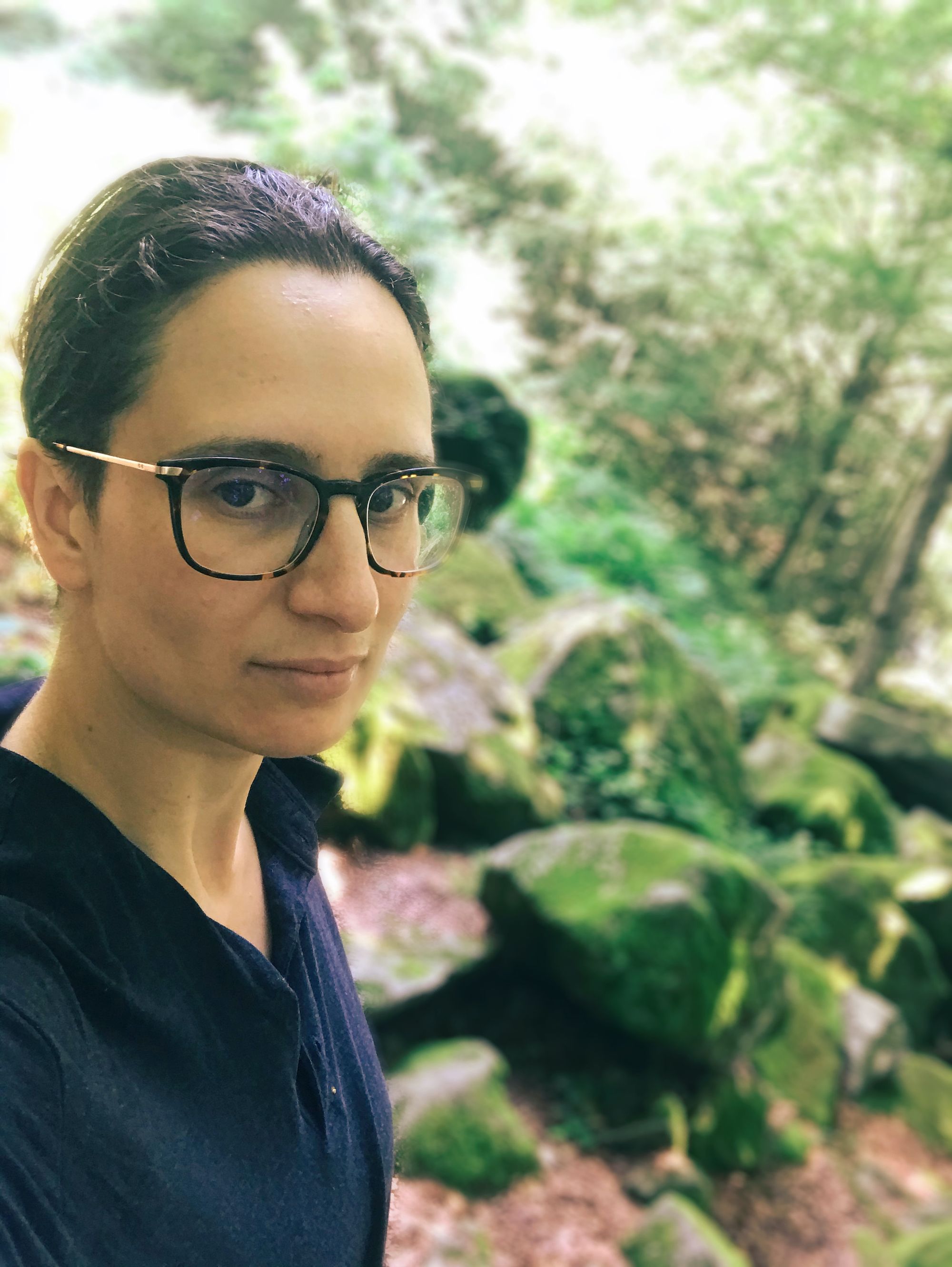
How did you find out about Ulysses? What do you like most about the app?
My love story with Ulysses is tedious: I saw it advertised on the Apple Store, read the description and decided to try it. I became addicted quickly. What I love the most is the writing-only dark board. My second favorite thing is the review with semantic advice — that I ignore a lot, I must say, but find it useful.
What other programs do you use, and how do they help you be productive?
This may be shocking, but I don’t use many programs. I use online services like GTmetrix to check websites’ speed, for instance. For the online survey, I find Feedly great and even use it for my personal topics, not only for work. Later is my scheduling tool for social media and Typeform is my form service, and, of course, I use Canva. Who doesn’t use Canva or Crello, at this point? I must say that this came as a result of trying many services and choosing the ones that would work the best for me and for my clients. Regarding newsletter services, I often have to work with what was previously settled, but I have a preference toward self-hosted solutions. Finally, as a blogger first, I’m practically married to Wordpress.org.
I’m not a fan of the “productive model” that’s being put on a pedestal, not only at work but also in our personal lives.
Being productive has never been a major concern, it’s not something I have to work hard to do. Somehow, I’m always working. I also know when to stop from doing something exhausting to rest and take care of my health. I’m not a fan of the “productive model” that’s being put on a pedestal, not only at work but also in our personal lives. Instead of speaking about being productive, we should acknowledge the fact that the vast majority of people are being exploited and are having a hard time dealing with it. If we put less pressure on them and raised their wages, productivity wouldn’t be a problem. They would even do anything to make their respective companies thrive in difficult times. That’s something Dan Price, Gravity Payments’ CEO, has understood. Give people the damn money, and they will be productive and committed. It’s not that deep.
Julia’s book La fille pas sympa was published with Éditions Seramis. It’s currently available in French only.
